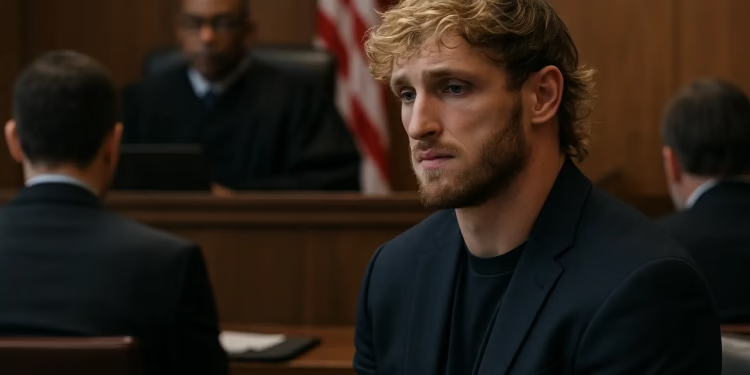The high-profile Logan Paul CryptoZoo lawsuit took another turn on Thursday after U.S. Magistrate Judge Ronald C. Griffin recommended dismissing much of the case unless plaintiffs amend their claims. The lawsuit, filed in 2023, accuses YouTuber Logan Paul of fraud and other violations tied to the collapse of his non-fungible token (NFT) project, CryptoZoo.
In a 75-page report, Judge Griffin said the plaintiffs had not provided sufficient evidence linking Paul directly to their financial losses. However, he stopped short of a complete dismissal, instead granting plaintiffs an opportunity to revise 26 of their 27 claims. One allegation commodity pool fraud was permanently struck down.
“The mental gymnastics required to come to this conclusion are truly dizzying,” Griffin wrote, rejecting the argument that CryptoZoo NFTs functioned as option contracts.
A case hinging on evidence of Paul’s role
The Logan Paul CryptoZoo lawsuit centers on allegations that Paul and his associates misled investors with promises of unique NFT perks that never materialized. Plaintiffs accuse Paul of fraud, negligence, unjust enrichment, conspiracy, and multiple breaches of state consumer protection laws.
Griffin, however, emphasized that the complaint relied on vague attributions and incomplete evidence.
“Plaintiffs must provide details of misconduct, not fragmented facts strung together without showing Paul’s direct benefit,” the judge noted.
Legal experts say the ruling reflects the judiciary’s caution in extending liability without stronger evidence.
“This illustrates the difficulty of holding celebrity endorsers accountable unless there is a clear paper trail of benefit,” — Sarah Kim, Partner at Seoul-based law firm BKL.
Paul shifts blame to co-founders
Paul has consistently argued that CryptoZoo’s collapse was due to the actions of its co-founders, Eduardo Ibanez and Jake Greenbaum. In 2023, he filed a countersuit accusing them of misleading him and sabotaging the project.
But Judge Griffin rejected Paul’s bid to separate his liability from the co-founders, warning it could lead to “inconsistent judgments.” He stressed that Paul, Ibanez, and Greenbaum remain jointly implicated in the alleged misconduct.
“The Logan Paul CryptoZoo lawsuit cannot simply pin blame on absent co-founders while absolving Paul of responsibility,” Griffin wrote.
In response, Paul has pointed to his decision to refund buyers 0.1 ETH the initial mint price in 2023 as proof of good faith. Critics, however, argue that refunds fell short of covering investors’ actual losses given the project’s collapse.
Wider implications for celebrity-led crypto projects
The Logan Paul CryptoZoo lawsuit highlights broader concerns for crypto investors about accountability in NFT ventures led by influencers and public figures. Celebrity-backed projects often draw significant attention but carry heightened risk when oversight and delivery falter.
“This case underscores the importance of due diligence,” — James Lee, analyst at Blockworks Research. “Investors should not assume that celebrity involvement equals reliability. Courts will demand evidence of intent and benefit before assigning liability.”
The outcome could influence how future cases test the boundaries of fraud and negligence in digital asset markets. With regulators and courts under pressure to adapt legal frameworks to NFTs, the ruling may shape how similar class actions proceed.
What’s next for the case
For now, plaintiffs in the Logan Paul CryptoZoo lawsuit must revise their complaint with stronger evidence connecting Paul directly to investor losses. If they fail, most of the claims could be dismissed outright.
Legal observers expect the case to continue into 2025, especially given its potential to clarify liability standards for celebrity-led crypto projects. For investors, the trial remains a test of whether courts can hold high-profile promoters accountable in the volatile NFT space.
For investors, the outcome of this lawsuit carries weight far beyond the CryptoZoo ecosystem. If the courts establish that celebrities can be legally responsible for the projects they endorse, it may set a powerful precedent that reshapes how influencers, athletes, musicians, and actors approach crypto promotions.
Already, regulators like the U.S. Securities and Exchange Commission have fined celebrities such as Kim Kardashian and Floyd Mayweather for failing to disclose payments related to crypto endorsements. However, this case differs in that it seeks to establish direct liability for damages, not just disclosure violations.











